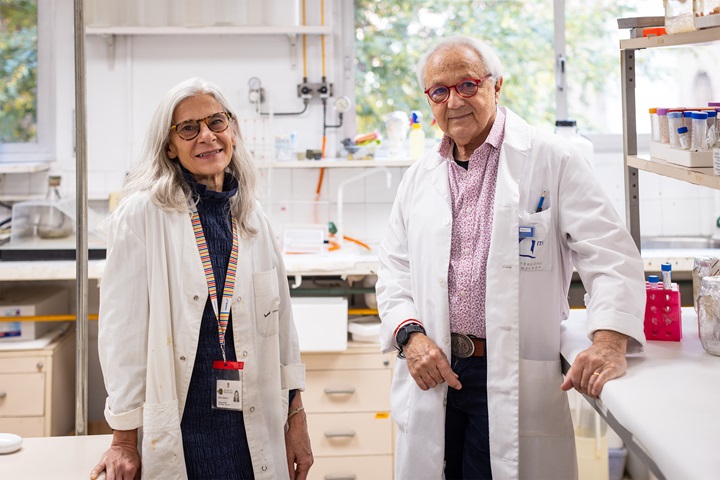
The University of Barcelona presents a new therapeutic tool capable of regulating blood cholesterol levels
The University of Barcelona (UB), together with the University of Oregon, have designed a new therapeutic strategy capable of regulating and reducing blood cholesterol levels. This research will open up new perspectives in the fight against atherosclerosis caused by the accumulation of lipid plaques on arterial walls.
Specifically, the team has designed a strategy to inhibit the expression of PCSK9, a protein with a decisive role in modulating plasma levels of cholesterol bound to low-density lipoproteins (LDLC).
The new method, based on the use of molecules known as polypurine clamps (PPRH), facilitates the uptake of cholesterol by cells and prevents it from accumulating in the arteries without causing the side effects of the most common medication, based on statins.
The PPRHs (Polypurine Reverse Hoogsteen) oligonucleotide technology was originally patented in 2011 through the Bosch i Gimpera Foundation, the knowledge transfer office of the UB.
Research published in the journal Biochemical Pharmacology
The research on this new therapeutic tool was published in the journal Biochemical Pharmacology, and was led by experts Carles J. Ciudad and Verónica Noé, professors at the Faculty of Pharmacy and Food Sciences and the Institute of Nanoscience and Nanotechnology (IN2UB) of the UB, in collaboration with Nathalie Pamir, from the Knight Cardiovascular Institute at the Oregon Health and Science University, in Portland (United States).
The research has received support from projects from the Ministry of Science, Innovation and Universities (MICINN) and the National Institutes of Health (NIH) of the United States.

